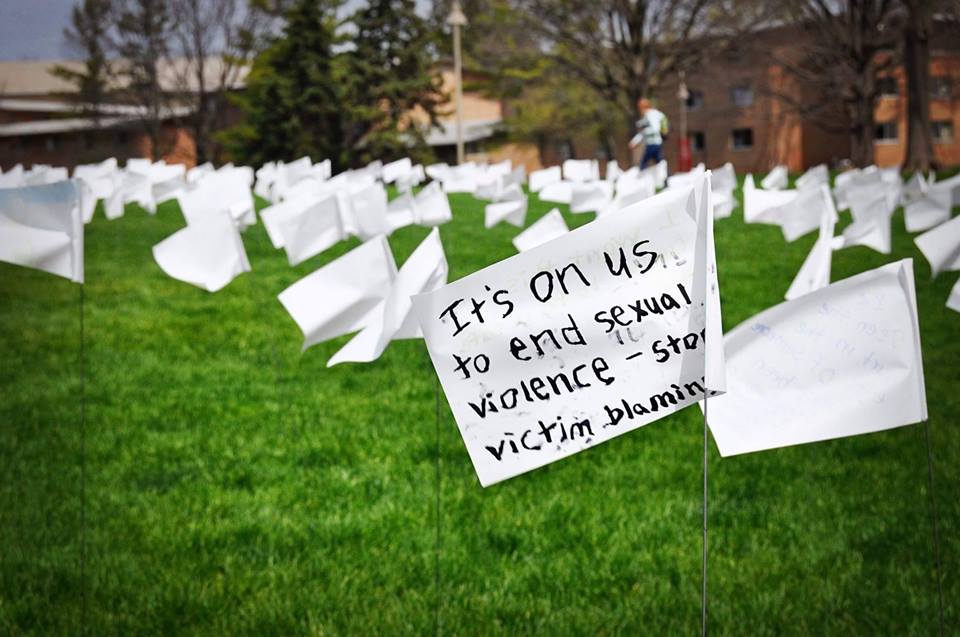Does rape culture exist? A recent article in the Banner titled “Rape Culture and Christian Colleges” by Gayla Postma discussed the existence of rape culture at Christian colleges such as Calvin and Dordt and seemed to conclude that sexual violence and rape culture are not a part of the Christian college or individual’s experience.
This conclusion has consequences for the way we talk to and about survivors of sexual assault, the policies and programs that we support, and the responsibility we take to change the status quo of our community.
Rape culture is the environment in which sexual assault is prevalent and sexual violence is normalized and perpetuated. When the phrase “rape culture” comes to mind, most visualize aggressive fraternity brothers and can conclude, “well, we don’t have anything like that at Calvin,” and are able to pat themselves on the back. Rape culture manifests itself in often more subtle ways, however, including using phrases like “boys will be boys” and teaching women how to avoid being raped rather than teaching men to not rape.
Concluding that rape culture is not evident at Calvin dismisses that there are aspects of our college community that support perpetrators of sexual violence rather than survivors, and denies the existence of sexual violence within our community, which in itself can be a form of rape culture.
Statistics of sexual violence among Calvin students are approximately the same as other colleges across the country, including state universities. 10 percent of Calvin College students disclosed an unwanted sexual experience in the past year in the Campus Climate Survey conducted by social work professor Rachel Venema in 2013. A second survey will be conducted among all current students this coming fall to collect data about the current cohort of students.
There are cultural aspects within Calvin, and Christian culture more generally that don’t hold perpetrators of sexual violence accountable, and often place blame on victims. Emphasizing forgiveness without holding perpetrators accountable, turning a blind eye to acts done by people seen as “good Christians” or role models within the community, or extending less empathy and resources to survivors who do not fit a picture of the “ideal victim” due to their sexual orientation, personal history, use of drugs or alcohol, or any other reason.
These are all ways that the rights and needs of survivors can be neglected, leading to a culture where only a fraction of survivors ever report the crime, and a third never tell anyone about the incident for fear of not being believed among other reasons.
We are in the midst of Sexual Assault Awareness Month, a time in which we come together to specifically support survivors in our community and work towards the end of sexual violence. As Christians, we cannot stand in silence and allow victims to experience these things alone. Becoming aware of the prevalence of sexual assault and validating the stories of those who have experienced sexual violence is a first step in becoming a community that listens, a community of people that don’t run from difficult conversations but address them head-on.
Calvin as an institution, individuals and groups within Calvin are each taking steps to address these things through events that bring awareness, empathy, and action to the issue of sexual assault. If you are interested in learning more about the experience of survivors of sexual violence, consider attending the Fear2Freedom event on April 19th at 7:30 pm in the Covenant Fine Arts Center.
If you have experienced an unwanted sexual experience, or sexual assault, there are resources and support available to you through Calvin. To learn more, visit calvin.edu/go/saferspaces.



